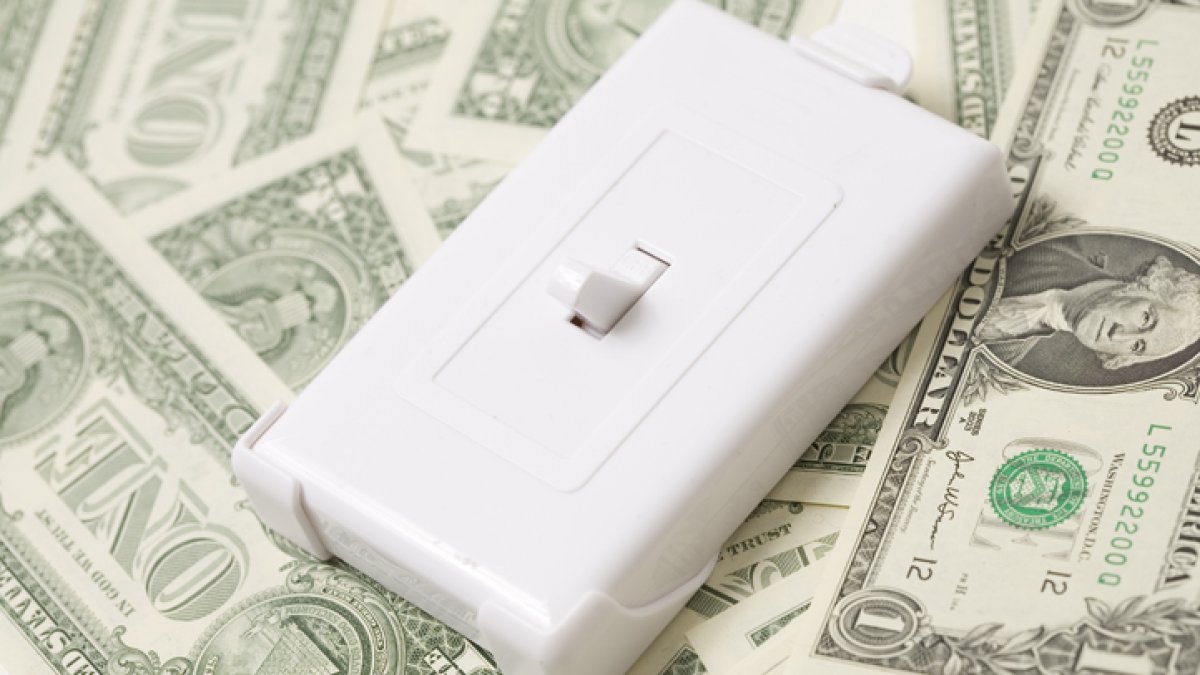NEW YORK — Governor Kathy Hochul on Tuesday announced the availability of resources to help New Yorkers save on their home energy bills.
A second emergency benefit through the Home Energy Assistance Program (HEAP) is now available in New York City for eligible individuals at risk of running out of heating fuel or having utility service cut off.
Additionally, the Department of State is sharing practical tips to help consumers lower their utility bills and has released a new Guide to Heating Oil and Propane Homes, which provides tips to help consumers who use fuel oil and propane to reduce their heating bills. and save when buying fuel.
“We are at the height of this winter season which can lead to higher heating and energy bills, and my administration will continue to take steps to make utilities more affordable in New York City,” Governor Hochul said. “It’s important for New Yorkers to take advantage of state housing and cost assistance programs to help reduce these energy costs.” Following these tips can help save money and protect our vulnerable populations during the cold season.”
HEAP, which is overseen by the Office of Temporary and Disability Assistance, is federally funded and can help eligible New Yorkers heat and cool their homes.
Generally, eligible households can receive a regular HEAP benefit each winter and may also be eligible for a one-time emergency HEAP benefit if they face an energy crisis. Those who have already received a regular and emergency benefit this winter will be able to apply for an additional emergency benefit, if they face a power outage or run out of fuel oil and cannot afford to replenish it.
The amount a household receives from HEAP depends on income, household size and how the home is heated. A family of four can earn up to $5,485 per month while still qualifying for assistance. An oil-heated household in need that qualifies for one regular HEAP benefit and two emergency benefits could receive nearly $3,000 in total assistance this winter.
Applications for emergency HEAP benefits are accepted at local social services in person or over the phone. You can find a list of offices by county here.
“Colder weather often means higher heating and energy costs, and these higher expenses can be detrimental to New Yorkers who are already struggling to make ends meet,” said Secretary of State Robert J. Rodriguez, who oversees the Consumer Protection Division. “These practical tips, along with the many resources available here in New York, can help consumers save money while heating their homes during the cold winter months and lower their energy costs year-round.”
New York State also offers numerous cost assistance programs for qualified applicants, as well as a variety of residential programs to help reduce home energy costs for all income groups:
Home energy efficiency programs
NYSERDA offers a variety of residential programs designed to help New York State residents identify areas where their homes are driving up energy costs and can provide assistance in making energy efficiency upgrades for a healthier home. and more comfortable. More information is available here.
Home energy audits
New Yorkers can perform an energy audit of their home or apartment to learn about recommended efficiency upgrades to save money on their energy bill. An audit can provide information on low-cost improvements, as well as large-scale investments and available financial resources. Contact NYSERDA for assistance here.
Weatherization Assistance Program
The New York State Weather Protection Assistance Program, which is administered by NYS Homes and Community Renewal, is the nation’s largest residential energy conservation program. The program helps income-eligible homeowners and renters in New York City by reducing heating and cooling costs through energy-saving measures, while addressing health and safety issues in their homes. More information is available here.
“Cold temperatures and high energy prices have combined to make this winter difficult for some of our most vulnerable residents as they struggle with the cost of heating their homes,” said the Commissioner of the Office of Temporary Assistance and Disability, Daniel W. Tietz. . “Without this additional help, many New Yorkers would be left with no one to turn to in an emergency.”

